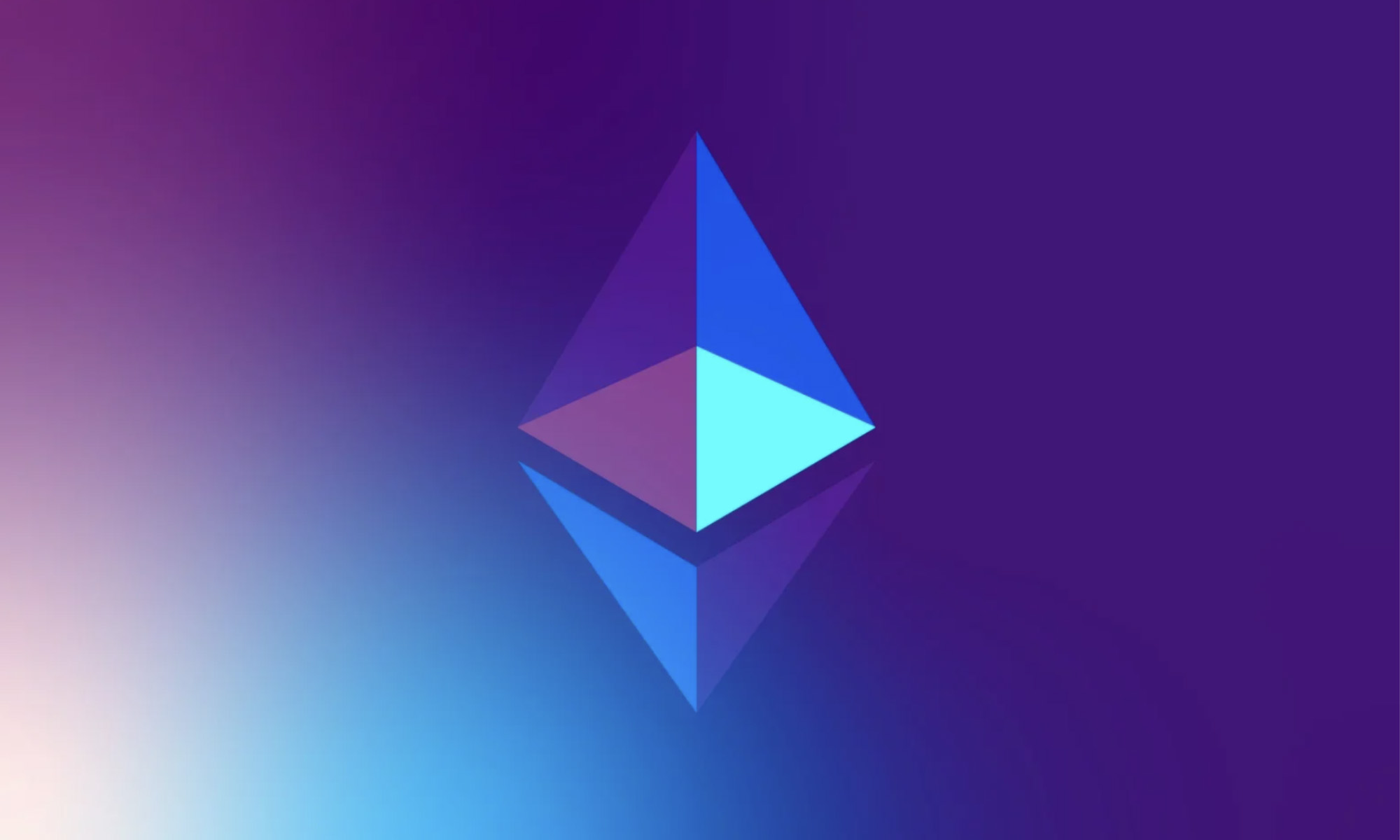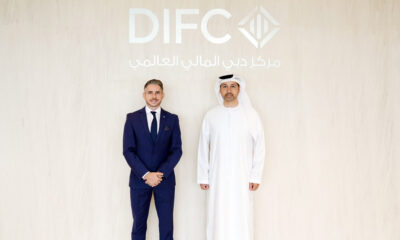News
Ethereum Just Completed The Long-Awaited Merge Upgrade
According to a Twitter post from co-founder Vitalik Buterin, The Ethereum blockchain network just completed the most ambitious software upgrade ever to take place in crypto.

Ethereum is probably the most important commercial highway in the crypto landscape, and it has now been “merged” — a process that replaced older, power-sapping network computers with more modern and energy-efficient machines. The upgrade will see Ethereum’s energy expenditure decline by a massive 99%.
This kind of upgrade has never been attempted in crypto until now, which is no surprise, as Ethereum is home to 3,500 apps and handles billions of dollars of crypto transactions. End-users shouldn’t notice the merge, but it will eventually make the network faster and cheaper to run.
Although now completed, Ethereum’s merge could see the network suffering from occasional glitches or hang-ups for at least several weeks. Exchanges like Coinbase paused Ethereum withdrawals and deposits during the event in anticipation of hacking attempts and general instability.
There is some concern that EthereumPOW and other forks may create copies that still run on the older computers, potentially creating confusion and leading to more scams and hacking attempts. USDC stablecoin issuer Circle and oracle provider Chainlink have both announced that they won’t support forked versions of Ethereum, and whether those forked chains remain viable over time is something that isn’t yet known.
Also Read: Dubai To Further Virtual Strategies In Metaverse Assembly
So how will the merge affect crypto mining? Only time will tell, but as profitability has already taken a nosedive this year, the merge will further squeeze those who make a living from crypto mining. Energy costs are rising globally, and now miners are faced with the prospect of changing to new equipment or selling up for good.
So what does the future hold for Ethereum in the wake of these massive changes? So far, the jury is out, but some traders anticipate the network overtaking Bitcoin in the long run and are hedging vast sums of money on their prediction.
News
Rabbit Expands Hyperlocal Delivery Service In Saudi Arabia
The e-commerce startup is aiming to tap into the Kingdom’s underdeveloped e-grocery sector with a tech-first, locally rooted strategy.

Rabbit, an Egyptian-born hyperlocal e-commerce startup, is expanding into the Saudi Arabian market, setting its sights on delivering 20 million items across major cities by 2026.
The company, founded in 2021, is already operational in the Kingdom, with its regional headquarters now open in Riyadh and an established network of strategically located fulfillment centers — commonly known as “dark stores” — across the capital.
The timing is strategic: Saudi Arabia’s online grocery transactions currently sit at 1.3%, notably behind the UAE (5.3%) and the United States (4.8%). With the Kingdom’s food and grocery market estimated at $60 billion, even a modest increase in online adoption could create a multi-billion-dollar opportunity.
Rabbit also sees a clear alignment between its business goals and Saudi Arabia’s Vision 2030, which aims to boost retail sector innovation, support small and medium-sized enterprises, attract foreign investment, and develop a robust digital economy.
The company’s e-commerce model is based on speed and efficiency. Delivery of anything from groceries and snacks to cosmetics and household staples is promised in 20 minutes or less, facilitated by a tightly optimized logistics system — a crucial component in a sector where profit margins and delivery expectations are razor-thin.
Despite the challenges, Rabbit has already found its stride in Egypt. In just over three years, the app has been used by 1.4 million customers to deliver more than 40 million items. Revenue has surged, growing more than eightfold in the past two years alone.
Also Read: Top E-Commerce Websites In The Middle East In 2025
CEO and Co-Founder Ahmad Yousry commented: “We are delighted to announce Rabbit’s expansion into the Kingdom. We pride ourselves on being a hyperlocal company, bringing our bleeding-edge tech and experience to transform the grocery shopping experience for Saudi households, and delivering the best products – especially local favorites, in just 20 minutes”.
The company’s growth strategy avoids the pitfalls of over-reliance on aggressive discounting. Instead, Rabbit leans on operational efficiency, customer retention, and smart scaling. The approach is paying off, having already attracted major investment from the likes of Lorax Capital Partners, Global Ventures, Raed Ventures, and Beltone Venture Capital, alongside earlier investors such as Global Founders Capital, Goodwater Capital, and Hub71.
























